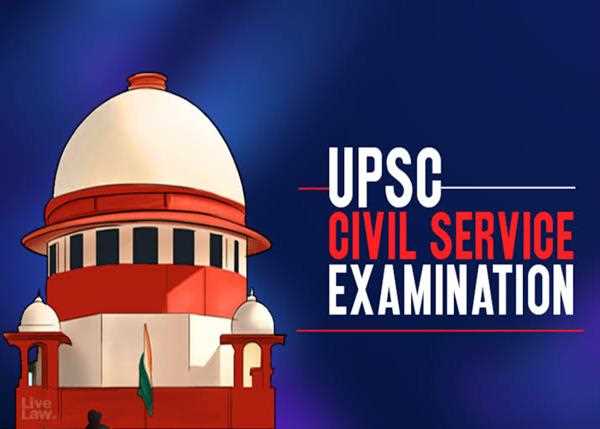The first step in UPSC civil service preparation is to become familiar with the exam pattern, syllabus, and eligibility criteria. The UPSC conducts a three-stage exam, which includes the Preliminary Examination, Main Examination, and the Interview. The Preliminary Examination consists of two objective-type papers, General Studies I and II, also known as the Civil Service Aptitude Test (CSAT). The Main Examination includes nine papers, including an essay paper, four General Studies papers, two optional subject papers, and two language papers. The Interview, also known as the Personality Test, is the final stage of the exam.

Once you have understood the exam pattern and syllabus, the next step is to gather study materials and resources. You can start with NCERT textbooks for subjects like History, Geography, and Polity, which form the core of the UPSC syllabus. You can also refer to other standard books recommended by experts and toppers in the field.
After gathering study materials, you should make a study plan and schedule. A well-organized study plan will help you cover the syllabus thoroughly, and a proper schedule will help you allocate time efficiently. You can divide your study hours based on the weightage of each subject and allocate time for revision as well.
In addition to the above, it is also essential to develop good reading habits and stay updated with current affairs. You can start reading newspapers, magazines, and online resources regularly to stay informed about national and international events.
It is also recommended to take mock tests and solve previous year question papers. This will help you get an idea about the type of questions asked in the exam and also help you identify your weak areas.
Finally, it is essential to maintain a positive attitude and stay motivated throughout your preparation. The UPSC exam is a highly competitive exam, and it requires consistent effort and hard work. But with dedication, determination, and proper guidance, you can crack the exam and achieve your dream of becoming a civil servant.